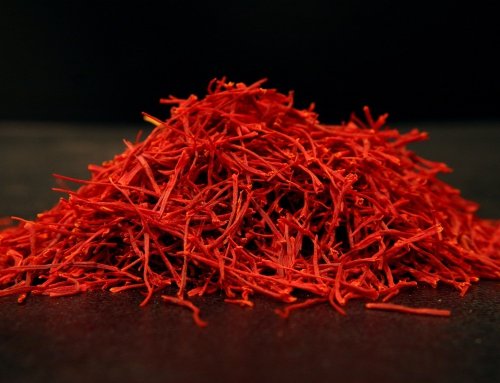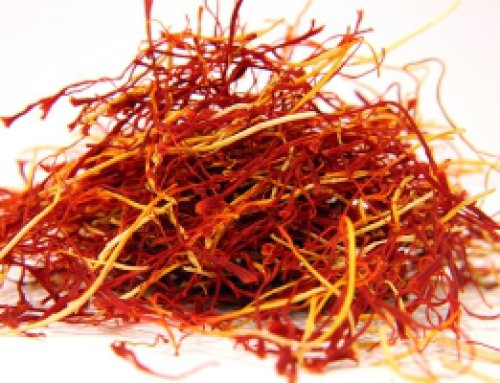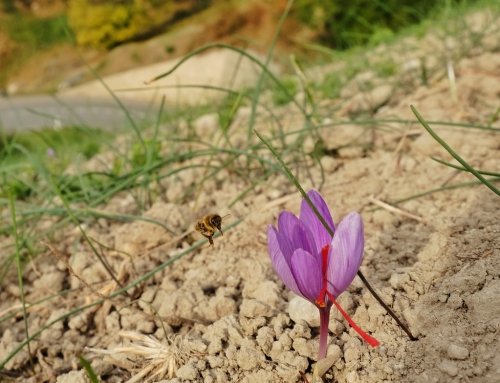The activity of Iranian saffron growers in secret!
The head of the Khorasan Razavi Saffron Exporters’ Union said:
Usually, farmers refuse to provide their national code to the exporter for various reasons,
including cutting the subsidy by the government and being recognized by the tax office.
Gholam Hossein Miri said that one of the most important problems in saffron exports is
obtaining the national farmer code from the exporter and explained:
The Tax Affairs Organization is doing this in order to clarify the tax.
He continued:
Export units report their purchase and sale of saffron to the Finance Department once every three months,
and if this information does not have the national farmer code,
These issues make the exporter reluctant to export.
He continued:
In these circumstances, opportunistic brokers use the space created and buy saffron from farmers and smuggle it to countries such as Afghanistan.
The head of the saffron exporters union of the province said:
with the registration of the lands under saffron cultivation,
the farmers are automatically identified and there is no need to obtain their national code.
In addition to receiving the farmer’s national code,
the tax office can also receive details such as the farmer’s name and village details,
as this information is easier for the exporter to obtain than the national code.
We also believe that the IRS should seek to make farmers’ information more transparent, Miri said.
The existing structure for transparency is wrong and needs to be corrected.
If our goal is to consume Iranian saffron in the world with an Iranian brand, we should try to solve export problems.
The head of the Khorasan Razavi Saffron Exporters’ Union continued:
which is increasing day by day,
but the necessary infrastructure to increase exports in There is no country.
He continued:
Iran’s competitors are strong in the world and domestic exporters can not compete with these competitors due to fluctuations in the saffron market. Currently, due to severe fluctuations in the saffron market, we have to conclude three-day contracts with buyers,
while European companies enter into six-month or one-year contracts with their customers.
Miri considered the high transportation costs as one of the problems of saffron export and stated:
when we pay up to one million and 700 thousand tomans of transportation costs for packaged saffron,
we cannot compete with foreign competitors.
He added:
In the past, the Trade Development Organization used to give export bonuses to exporters in order to cover transportation costs,
or to cover the cost of participating in foreign exhibitions in order to attract customers and buyers.








Get Social